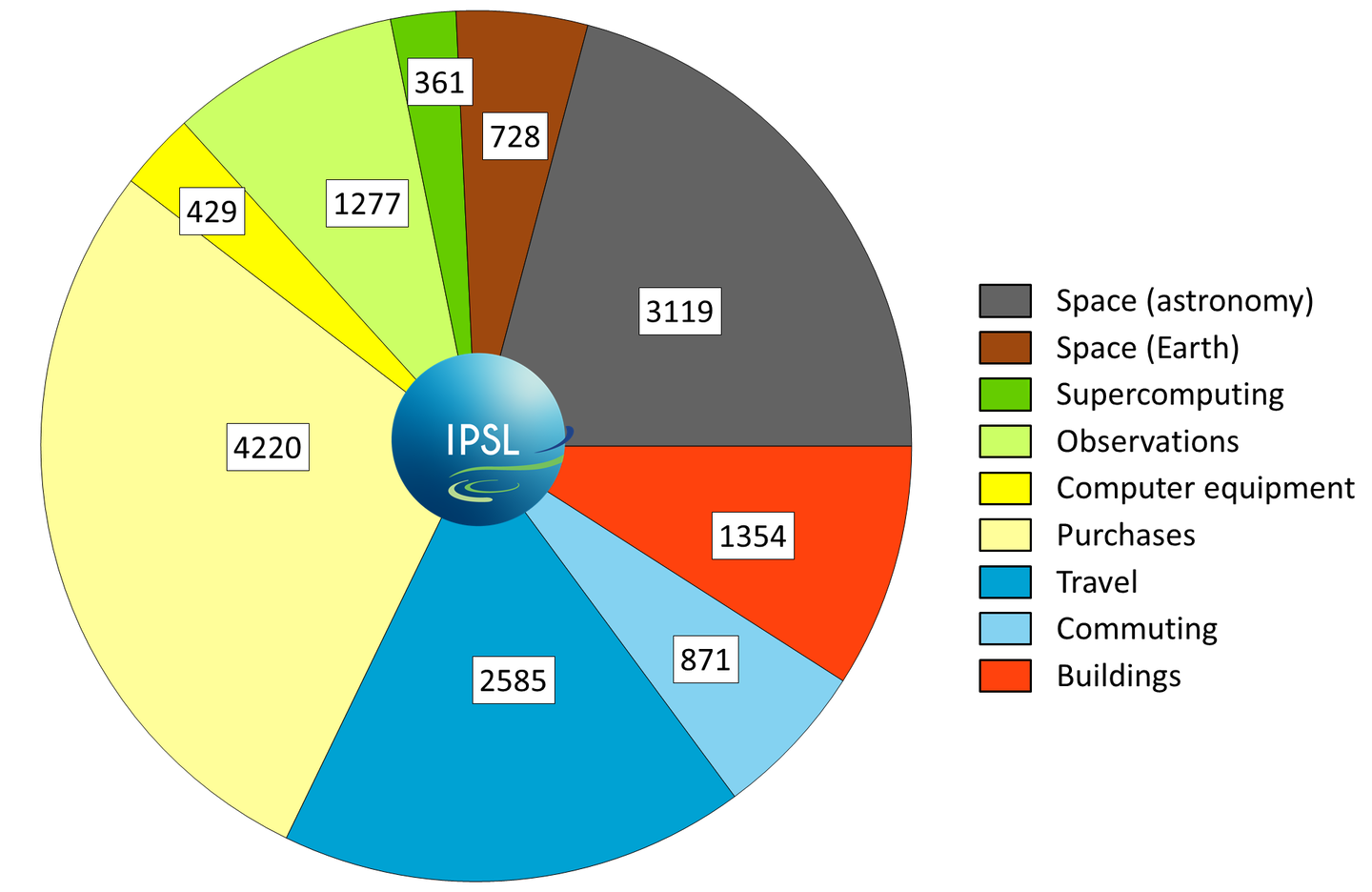IPSL Climactions and the bottom-up ecological transformation of a climate and planetary science research institute (2016-2024)
- 1Sorbonne Université, Institut Pierre-Simon Laplace (IPSL), LMD, Paris, France (lb543@cornell.edu)
- *A full list of authors appears at the end of the abstract
For several decades now, research communities working on the climate, its changes, including current global warming, and its consequences have been recommending drastic reductions in human-made greenhouse gas emissions and, more generally, in the ecological footprint of human activities. This implies the implementation over the next 10 to 20 years of profound and rapid systemic transformations. The latest IPCC reports show that such transformations are only possible if they involve all parts/sectors of society. Given the existence of a range of ecological constraints and the foreseeable limits to scientific and technical advances, the transformations to be implemented must also include a strong component of sufficiency ("avoidance”).
The IPSL (Institut Pierre-Simon Laplace) is a federation of academic research laboratories in the region of Paris, France, incl. CEREA, GEOPS, LATMOS, LISA, LMD, LOCEAN, LSCE, and METIS, which address all climate-relevant components of the Earth System, but also study other planets of the solar system. Since 2016, IPSL scientists and support staff have been working together along these lines to transform the institute's professional practices. This engagement is generally seen as : (i) a necessity: to initiate a transition in its research practices that will bring its professional behavior in line with the message of climate urgency that it has been diffusing for over 30 years; (ii) an opportunity: to accelerate the transition at a societal level by opening up new channels of exchange with society, encouraging collective action by example, and reinforcing the credibility of its warning message; (iii) a safeguard: collective bottom-up thinking at laboratory level to ensure that this transition takes place with maximum respect for our research practices and our well-being at work, and is not imposed by potentially inappropriate top-down measures.
Achievements include (i) the development of methodologies for calculating the carbon footprint generated by staff activities and professional practices, (ii) concrete contributions to the reduction of the environmental footprint of professional travels, digital and high performance computing activities, purchases and finally observation of the earth. So far, the carbon footprint reduction efforts do not affect research methods, which constitute the core of the institute’s activity. However, the carbon emissions of the institute cannot be significantly reduced without a profound change in the way climate and planetary research are conducted, including data collection techniques (field campaigns, space missions, polar stations, etc), supercomputing, or laboratory instruments. The central question we are asking is: how do we continue to do new and interesting planetary science today while minimizing carbon emissions and other environmental impacts? A collective discussion around this thematic has been initiated in the IPSL; we will present here our approach, methodologies, achievements, and reflections at this stage, with the hope to stimulate exchange with other ongoing or emerging initiatives in other parts of the world.

Figure 1: Carbon footprint of the IPSL for 2019, with the contribution of each category given in CO2 equivalent tons.
IPSL Climactions
How to cite: Bonnefoy, L. and the IPSL Climactions: IPSL Climactions and the bottom-up ecological transformation of a climate and planetary science research institute (2016-2024), Europlanet Science Congress 2024, Berlin, Germany, 8–13 Sep 2024, EPSC2024-1054, https://doi.org/10.5194/epsc2024-1054, 2024.